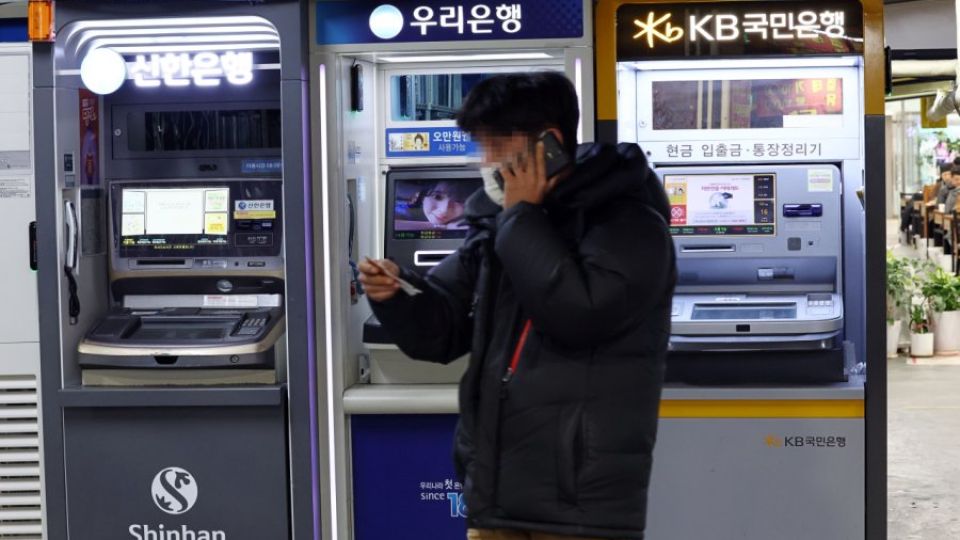February 17, 2023
SEOUL – Local banks are hurriedly laying out plans to carry out profit-sharing corporate social responsibility activities after President Yoon Suk Yeol condemned them for enjoying hefty bonuses even as people suffer under higher interest rates. But the efforts appear to be falling short of quelling public criticisms.
According to the Korea Federation of Banks on Wednesday, its new social corporate responsibility project will bring a support effect of around 10 trillion won ($7.8 billion) to society over the next three years.
The KFB is a lobby group for local commercial banks in Korea. The group’s members include major banks such as KB Kookmin, Shinhan, Hana and Woori.
However, the gesture was soon criticized as insufficient.
According to the banks’ plans, they will use around 500 billion won from the fund, jointly created by the local banking industry for social contribution projects, to support those with low income and low credit ratings.
Some 150 billion won and 90 billion won will be respectively used for providing emergency living expenses for vulnerable borrowers and support to those who have been repaying debt without delay.
Around 160 billion won is to be used to relieve burdens on small and medium-sized enterprises. In addition, 100 billion won will be injected into the lobby groups’ platform Bankit for various corporate social responsibility projects and to provide guarantees for socially vulnerable people.
The five top commercial banks will also increase the amount they will inject into the Korea Credit Guarantee Fund to 320 billion won from 260 billion won over the next three years.
Some industry insiders who have criticized the banks’ plans see them as trying to deceive with exaggerated figures, as they claim a potential support effect of 10 trillion won with a large part of the project centered on providing guarantees.
They see that providing support for guarantees means the banks are only allowing people to take out more loans, while the total amount that local banks contribute to the joint social responsibility project over the next three years will not increase much.
For example, the Korean Federation of Banks says it will inject around 160 billion won to provide support for guarantees to small and medium-sized businesses, resulting in its calculation that it will see a support effect amounting to around 2 trillion won.
The actual amount that the local banks will inject for the new plan adds up to around 780 billion won, according to the KFB.
Meanwhile, the Korean government and financial watchdogs’ pressure on banks to share profits with society has been increasing.
In response to President Yoon asking financial watchdogs to find a way to stop banks from holding a “bonus party,” the Financial Supervisory Service on Wednesday announced it has begun reviewing measures to break the oligopoly in the banking industry.
The FSS mainly aims to induce further competition in the local banking industry mostly dominated by five major commercial lenders: Shinhan, KB Kookmin, Hana, Woori and NH NongHyup.
Financial watchdogs see that breaking this oligopoly could put an end to local banks profiting excessively from high interest rates and enjoying hefty bonuses instead of sharing them with society.
“Efficient pricing is possible only when there is perfect competition,” FSS head Lee Bok-hyun said.


